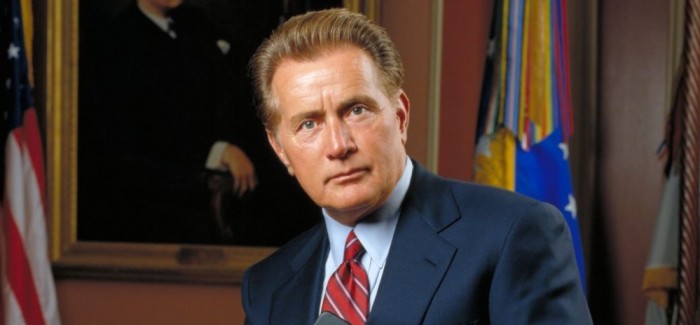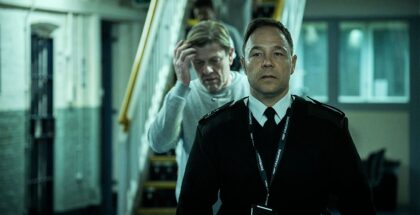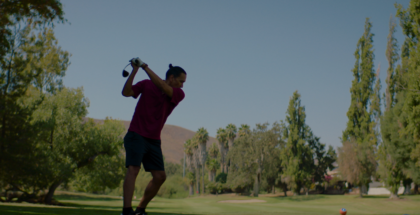Why The West Wing is the greatest TV show of all time
Philip W Bayles | On 26, Sep 2013
The beginning of the 2000’s was, in the eyes of many, a dark time in American politics. The attacks on 9/11 made the country increasingly isolationist and paranoid. President George W. Bush had dragged the US into illegal wars in the Middle East that would drag on for a decade. But on television, there was a sign of hope – a glorious world where the smart always prevailed over the stupid, the government genuinely worked to help the people and no-one ever said the word “um”. This was The West Wing. It remains the single greatest TV show ever produced.
Set during the 8-year term of fictional President Josiah “Jed” Bartlet, a Democrat who was part-JFK, part-FDR and part-Bill Clinton, the show followed senior members of the White House staff as they went through the business of running the country.
Through their time in office, they dealt with the political (and religious) Right, attempts on President Bartlet’s life, and scandals and international tensions that, in hindsight, were frighteningly relevant.
Like all great shows, the central cast was near flawless – actors such as Rob Lowe, Richard Schiff, Alison Janney, Bradley Whitford, Stockard Channing and John Spencer put in career-best work as members of the inner circle, all surrounding the mighty figure of Martin Sheen as President Bartlet. Interestingly, Bartlet was only ever envisaged as a minor character in the series; thankfully, once Sheen came on screen, the producers quickly changed their minds.
Te series regulars weren’t the only ones who performed well; like Friends and The Simpsons, a guest spot on The West Wing was the most desirable gig in town, and the show attracted some real legends. Actors from Matthew Perry and John Goodman to Alan Alda and Mary Louise Parker (to name but a few) all walked (and talked) through the corridors of the White House.
The real ‘star’ of the show, however, was its creator and lead writer: the inimitable Aaron Sorkin. “There’s only two things in the world that you don’t want people to see how they’re made,” he once wrote. “Laws and sausages.” But in Sorkin’s hands, the world of politics had never seemed so interesting. Round table discussions became verbal fencing matches, with sparks flying as too-clever-by-half people tried to get one over on each other.
But it wasn’t just Wildean wit that made the show such a joy to watch. Sorkin proved himself more than adept at working slapstick and almost Shakespearean comedies of error into his storylines, and the show’s first four seasons in particular contain some real tear-jerking moments. The final sequence of the second season finale, “Two Cathedrals”, set to Brothers In Arms by Dire Straits, remains the greatest moment in the history of television, the kind of thing that sends shivers down your spine – not bad work for a man who spent most of the time writing it high as a kite.
After four seasons of unparalleled awesomeness, and a boatload of Emmy awards to go with it, the show suffered a noticeable dip in quality when Sorkin stepped down from the writing team – it arguably became less about the politics and more about the people, which, while not being bad, was undeniably less interesting. Fortunately, the final season turned it around: Bartlet was out, and the race was on between Democrat Matt Santos (Jimmy Smits) and a surprisingly moderate Republican named Arnold Vinick (Alan Alda). They brought new life to the show, and considering the actual candidates for the presidency who emerged in 2008, turned out to be a scarily prescient additions.
Sorkin has since cemented his reputation as one of the best screenwriters working today – as well as shows like The Newsroom and the unfortunately short-lived Studio 60 on the Sunset Strip, he wrote the screenplays for Moneyball and The Social Network, the latter earning him an Academy Award. But nothing in his career has ever quite rivalled The West Wing.
Like Sorkin’s latest show, The Newsroom, the show often came under fire from its critics for being preachy and quixotic, and it was frequently guilty on both counts. But what’s wrong with being romantic?
In a time when the United States was less sure of itself than it had ever been, The West Wing gave us a view of how great the country could truly be.
The only problem was how disappointing reality became by comparison.
The West Wing is available on All 4.





















